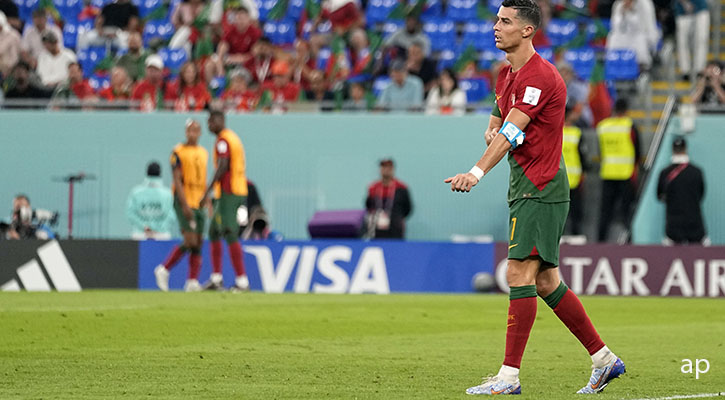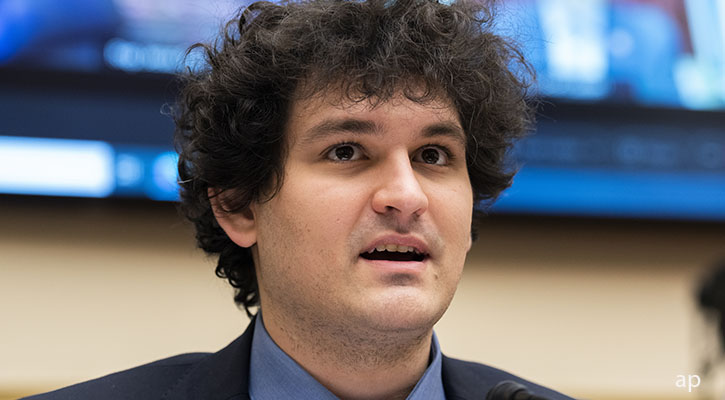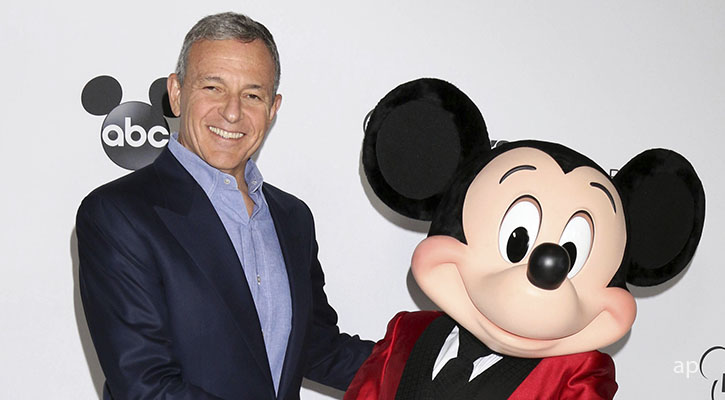Beware Black Friday Bargains
Don’t worry if you didn’t bag a Black Friday bargain first thing this morning. Research by Which? shows shoppers aren’t saving a penny on the vast majority of these deals. This US-import traditionally marks the start of the festive shopping season, but the consumer group’s analysis of 200 Black Friday deals last year found that not one was a genuine one-day-only discount price. In most cases shoppers could buy the same item for the same price, or even cheaper, at other times of the year. Black Friday has become one of the busiest shopping days of the year, but it clearly isn’t the cheapest day to be ordering online or browsing in the shops.
Football - the Billionaire's Game
The days are long gone when owning a football club was solely seen as an expensive vanity project for wealthy businessmen. As the old joke went: what’s the quickest way to make a million? Buy a football club for £5m. But the owners of today’s leading clubs are having the last laugh, with football franchises increasingly seen as valuable mega-businesses, thanks to the cash flow they generate and branding and merchandising opportunities.
This has attracted private equity and venture capital, alongside the oligarchs and sovereign wealth funds. Manchester United is the latest club to announce it is looking at a potential sale, as part of a strategic review. If it goes through it’s expected to net the Glazer brothers, the current majority shareholders, at least £500 million each. Despite not winning the Premiership since 2013 the club is now valued at around £5 billion, having been bought in 2005 in a £790 million deal. Liverpool FC is also on the market and expected to sell for $4.6 billion, considerably more than its 2010 sale price of $340 million, while Chelsea FC was recently sold for $3.2 billion, comfortably more than the $177 million it was bought for in 2003.
Ronaldo Cashes In
It’s not just football clubs making money from image rights. Cristiano Ronaldo — who was “released” from his Manchester United contract this week — has been promoting his new non-fungible token (NFT) collection. Initially he received some flak from fans, as this came days after he criticised his former club for being primarily a “marketing club”, more interested in sales than sports. Of course, his subsequent performance in the World Cup, becoming the first player to score in five successful World Cup tournaments, and at the same time becoming both Portugal’s youngest and oldest scorer, will no doubt help boost the value of these NFT tokens. Especially as Ronaldo's nemesis, Lionel Messi, appears to be floundering yet again on the world stage.
UK: Better Than Chile and Russia
The British economy is forecast to contract by 0.4% next year according to the OECD. This will make it one of the worst performing economies next year, with Chile the only other “rich” country forecast to have a larger slowdown. The OECD is also pessimistic about the UK’s subsequent recovery, predicting just shallow growth of 0.2% in 2024. Its forecast places the UK bottom out of the leading G7 economies, and when the OECD ranks the expected performance of “advanced” G20 economies only Russia — at war and subject to global sanctions — is expected to perform worse.
Farage Flounders
Nigel Farage’s investment newsletter “Fortune & Freedom” claimed to help investors ‘take back control of their money’. Sadly, the investment tips provided have, like Brexit, failed to put extra pounds in people’s pockets — to date at least. Farage proposed a number of model portfolios based on ‘smart strategic plays on the UK stock market’. But analysis by Bloomberg suggests investors would have been better off with a simple FTSE All Share tracker. However, this comparison is over a two-year period, and Farage, who was a commodities trader before entering politics, has stressed the importance of investing for the long-term. Bloomberg’s analysis, which drew on the expertise of former Artemis fund manager Tim Steer, says Farage’s portfolios were too small and too narrowly focused on the UK.
Equitable Life Saga Goes On
Is Equitable Life the oldest-running financial scandal? The troubled insurer collapsed in 2000, obliterating the retirement prospects of many of its members. After protracted legal action, which saw some customer groups pitted against other in the search for a “fair” payout, there was limited compensation paid in 2010. But now 40 MPs have called for the government to act on recommendations made by the Parliamentary Ombudsman and cover the majority of the losses for more than a million policyholders. It says these losses were the result of regulatory failure which led to Equitable Life’s collapse.
FTX scandal is ‘worse than Enron’
You know things have gone badly wrong at FTX, when the guys brought in to sort out the mess at Enron are left slack jawed by what they have now found at the collapsed crypto exchange. John Ray III has overseen some of the US’s biggest bankruptcies, including energy giant Enron. In a damning indictment of the way Sam Bankman-Fried ran FTX, Ray said he has never seen “such a complete failure of corporate controls”. His court filing went on to describe the FTX situation as “unprecedented” thanks to “compromised systems integrity” and “faulty regulatory oversight”. He also commented on the “concentration of control in the hands of a very small group of inexperienced, unsophisticated and potentially compromised individuals”. And as a final salvo he threw in the observation that a substantial portion of FTX’s assets “may be missing or stolen”. Lawsuits are already rolling in. More will no doubt follow.
Pets at Home in the Doghouse
It’s been a ‘ruff’ week for Pets at Home, which saw its revenue and share price soar during the Covid lockdown. Higher energy costs are now eating into profits, which are down 10%. While this issue affects many retailers, Pets at Home has been particularly badly hit as it needs to keep heating on 24-hours a day to make sure its ‘stock’ of hamsters, rabbits and tropical fish don’t freeze. It estimates its energy costs will double this financial year, with transportation costs also rising. But the store pointed out that spending on pets was likely to remain ‘resilient’ despite the wider cost of living squeeze — perhaps something for its investors to wag their tails about.
Meet the New Bob, Same as the Old Bob
It’s a small world after all. Disney’s new chief executive is Bob Iger, its former CEO who retired less than a year ago. Iger admits to being ‘a bit amazed’ by this turn of events. It is hoped Iger will smooth out some of the problems the company has experienced since he left. This has included legal issues with Scarlett Johansson — which resulted in a significant Disney payout — and getting embroiled in the culture wars around education with Florida governor Ron DeSantis. Top of his in-tray though will be stemming the huge losses being racked up at its new streaming service. Iger has said that storytelling remains at the heart Disney’s business. Will this be the tale about comeback kid who delivered a happy ending for investors?
Snacks of the Stars
Times may be tough, but this hasn’t stopped people buying sweet treats. Scottish firm Tunnock’s has seen a 50% increase in sales of its trademark tea cakes and caramel wafers overseas. The foil-wrapped marshmallow snack appeared in the opening ceremony to the Glasgow Commonwealth games and now have a celebrity following, with Coldplay singer Chris Martin, and actress Andie MacDowell both declared fans. All this has helped profits jump from £255,000 to £5.49 million in a year — an achievement not to be scoffed at.






























